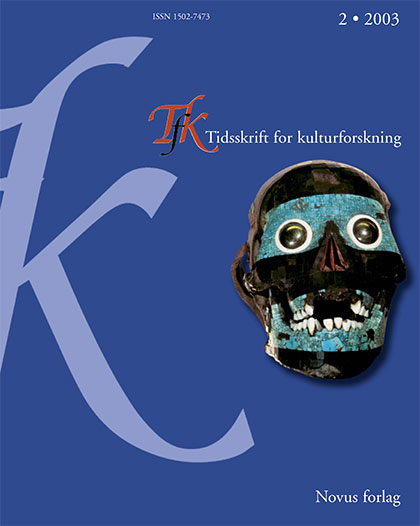Sammendrag
The Russian philosopher and literary theorist Mikhail Bakhtin has analysed different types of discourses focusing on how they treat the voices of the Other. The main contribution Bakhtin made was to the theory of the novel. Bakhtin distinguished between monological and dialogical novels. Monological novels are dominated by one single voice, while dialogical novels enable the characters to express themselves autonomously.Even though Bakhtin mainly concentrated on novel studies, he also stressed the importance of respecting the voices of the Other within legal discourse. The purpose of legal texts is to defend the rights of the Others, and that makes it even more important to take their voices and opinions into account. The problem is however that no one has analysed in depth the possibility of adapting dialogism to such texts.
The aim of this article is to discuss whether Bakhtin's distinction between monological and dialogical discourses, as well as the analytical tools he uses to distinguish between them, are applicable to written judgements. My objective is to test out Bakhtin's theories on a legal judgement in a child protection case from 1953.
Forfattere beholder opphavsretten og gir tidsskriftet rett til første publisering av arbeidet. En Creative Commons-lisens (CC BY-SA 4.0) gir samtidig andre rett til å dele arbeidet med henvisning til arbeidets forfatter og at det først ble publisert i dette tidsskriftet.

